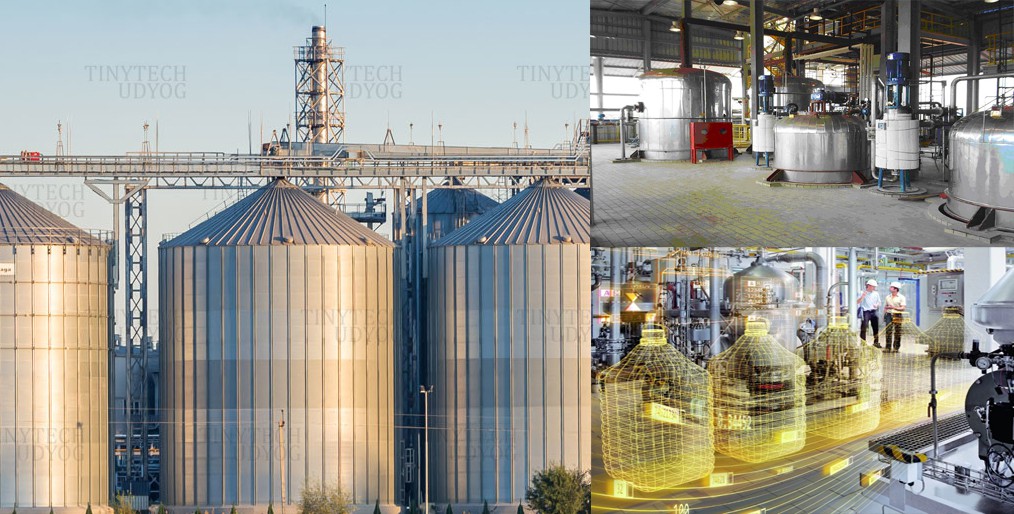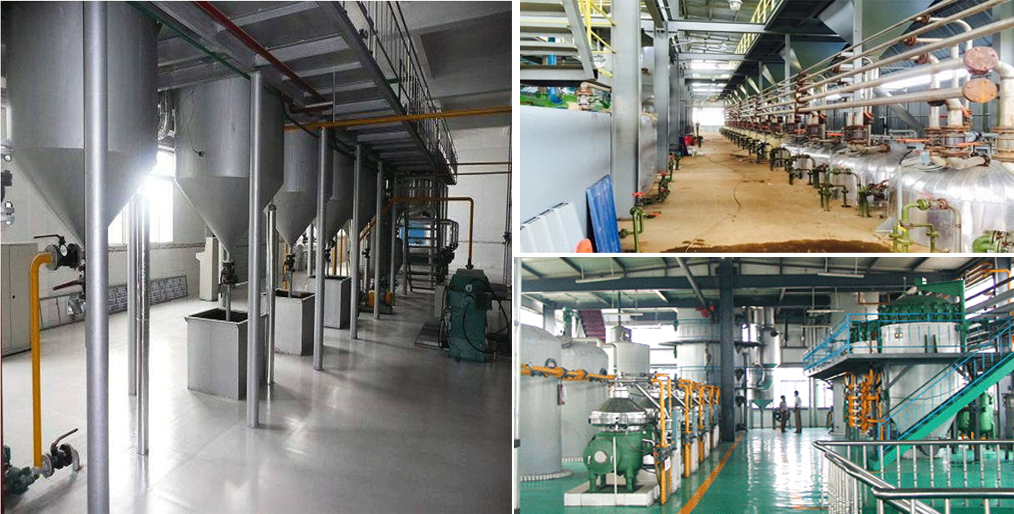
The days of breaking edible oilseeds in the mill or in the old way are long gone. Now the edible oilseeds are broken down at the refinery plant to produce oil in the most modern way. All of these companies involved in technological innovation and business provide complete solutions to the oil plant. They can design, build, supply and manufacture edible or cooking oil refinery plants ranging from 5 tons to 500 tons per day on demand or more. Cooking oil refinery: Many present one of the most advanced cooking oil refinery plants for edible oil processing. Initially two types of processing are involved- batch type and continuous. Through these processes, the oil is separated from impurities and other materials, which may make it inedible for edible purposes. Refineries process oil in a continuous manner, such as neutralization, bleaching and deodorizing. The oil that is finally produced from the processing plant is of an improved quality of light color. Also, keep in mind that the free fatty acids in the oil can also be filtered for edible grades. In addition, for sunflower and rice bran oil, an additional process of dewaxing is done to separate the wax. Process of Edible Oil Refinery Plant: As per the today market research it is being concluded that the market demands the refined edible oil with characteristics such as bland flavor and odor, clear appearance, light color, Long Shelf Life, Suitable for frying since the Crude Oil obtained does contains many harmful factors like free fatty acids (FFA), sediments, gums, odoriferous material & other impurities. The refining of edible oils & fats is required after solvent extraction since the Solvent Extracted Crude oil does contains inherent harmful constituents like Free Fatty Acids (FFA’s), gums, sediments, odoriferous and colorings material, phosphatides, hydrocarbons, traces of pesticides & heavy metals etc. Following sections (Depending on the nature of the oil either soft or hard oil):

File Photo[/caption] Bleaching: Bleaching of edible oils and fats is an important part of the process of refining crude oils and fats. It eliminates various contaminants which adversely affect the physical appearance and quality of the oil. Oil also contains different amounts of impurities after degumming / neutralization. Many of these impurities need to be removed from oils in order to obtain high quality oils for edible use. To absorb bleaching dyes with natural or acid-activated clay minerals and to decompose hydro peroxides. Deodorization: Deodorization is done by removing volatile elements, mainly aldehydes and ketones, including threshold values for dictation by taste or smell. Deodorization is basically a vapor distillation process that takes place at low pressures of 2-6 kg / cm2 and high temperatures of 180-260 C. The whole process is done under high vacuum. The odor is removed in the deodorizer. The FFA physical type deodorizer is also removed. Winterization / Dewaxing Plant Winterization / Dewaxing is almost the same process. This process is applied to remove small amounts of solids from the oil which, when kept at refrigeration temperature, usually cause oil cloudiness. These substances can be saturated glyceride or wax. Waxes are esters for fatty alcohols and fatty acids, which have very low solubility in oils. There are different amounts of different oils. In this process the cooling rate and movement are carefully controlled to promote the formation of nuclei that will act as sites for crystal growth. Edible Oil Refinery Plant The edible oil is processed in the refinery through various processes such as deodorizing, bleaching and neutralization. Edible oil refineries can refine almost all types of oil. The quality of refined oil depends on the type of crude oil and its chemical structure. Edible oil refinery plant, oil refinery machine, oil refinery, oil refining plant, oil purity plant, oil refinery equipment, soybean oil mill plant, peanut oil refinery machine, peanut oil refinery machine, sesame oil refinery machine, etc. are covered. -SZK
Comment Now